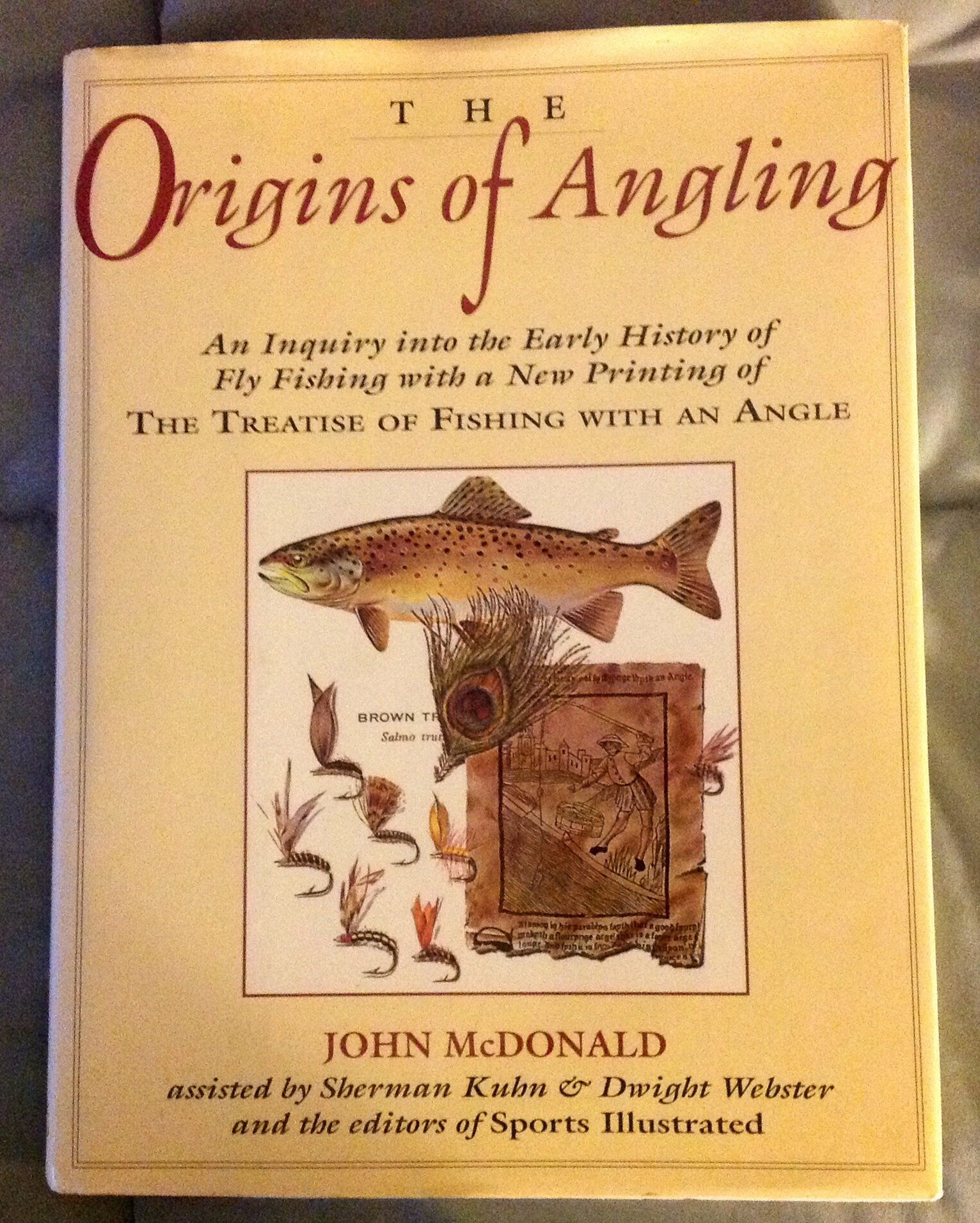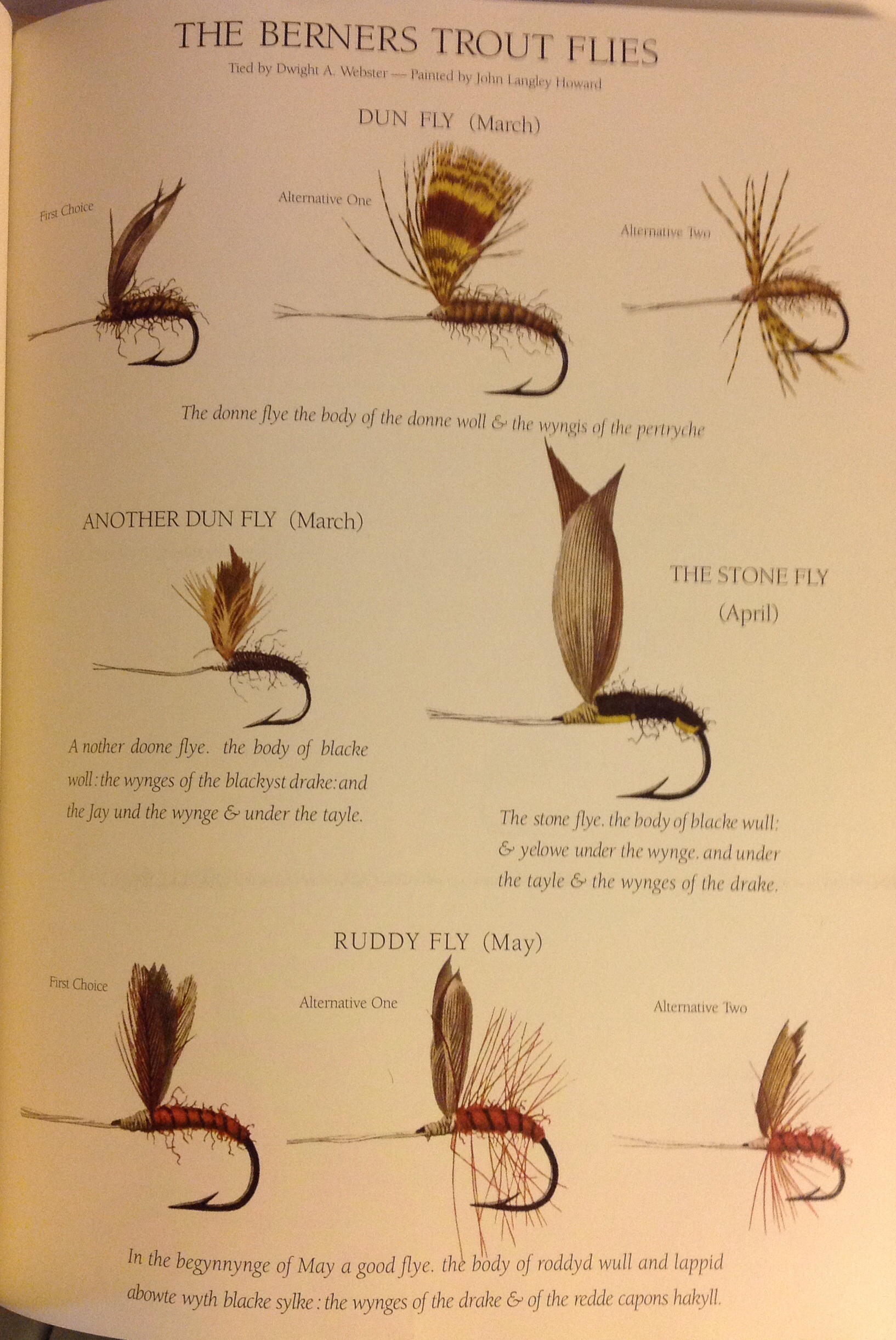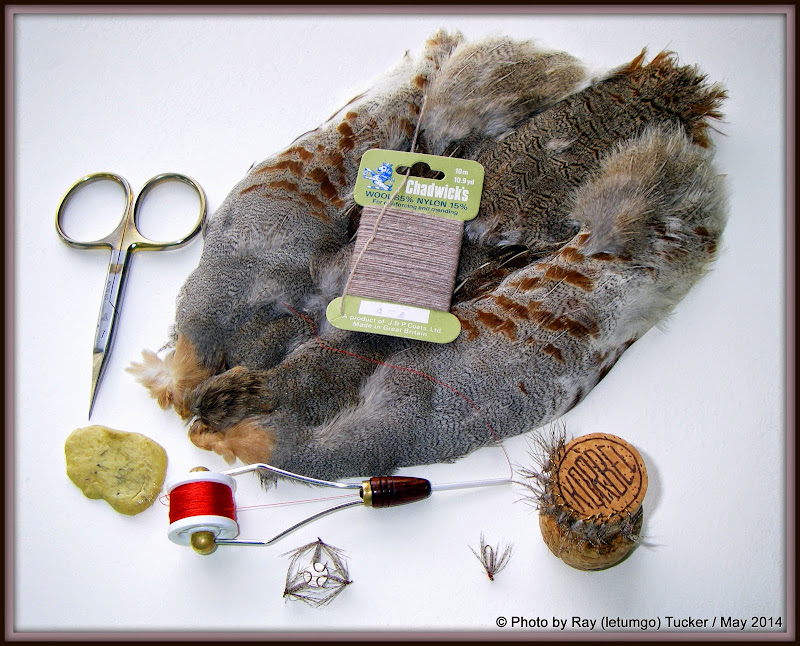Page 4 of 5
Re: Historical Pattern Question (February Red - circa 1496)
Posted: Thu May 22, 2014 11:09 am
by wsbailey
I found another reference to dun horses with some interesting pictures. Bill
http://www.overmywaders.com/cblog/index ... e-Dun.html
Re: Historical Pattern Question (February Red - circa 1496)
Posted: Thu May 22, 2014 12:16 pm
by daringduffer
And this is a blue dun colt:
 http://www.toltallyice.com/2006Foals.html
http://www.toltallyice.com/2006Foals.html
Icelandic horse. There is written evidence indicating fishing with the fly on Iceland 500 years before Dame Juliana. The Vikings might have brought it home from Macedonia and could well have introduced it in England. A possibility - nothing more...
dd
Re: Historical Pattern Question (February Red - circa 1496)
Posted: Fri May 23, 2014 8:43 am
by CM_Stewart
If you want old, why not choose the fly Aelian described (arguable the oldest published "pattern"), consisting of red wool and a cock's hackle. Lots of room for interpretation. Might be an interesting swap.
Re: Historical Pattern Question (February Red - circa 1496)
Posted: Tue May 27, 2014 10:21 pm
by letumgo
I bought a used copy of "The Origins of Angling", by John McDonald and it arrived this afternoon.

- image.jpg (1.1 MiB) Viewed 17891 times
It looks like a great book. As I was thumbing thru the book, I found a beautiful color plate showing fly variations. Finally, a book that shows multiple ways of interpreting the old pattern recipes. I am going to enjoy this book.

- image.jpg (1.13 MiB) Viewed 17889 times
Re: Historical Pattern Question (February Red - circa 1496)
Posted: Tue May 27, 2014 11:43 pm
by fly_fischa
Looks like a real find Ray, I'll have to add it to the wishlist

Re: Historical Pattern Question (February Red - circa 1496)
Posted: Wed May 28, 2014 10:24 am
by daringduffer
wsbailey wrote:...
John McDonald wrote "The Origins of Angling" which discusses the Treatyse at length. In it he states:" 'Barked hemp' is a rope cord steeped in a dye made of the bark of certain trees (for the preservative action)". Some suggest that braked hemp is the intended meaning but I believe that is not the case. Braked hemp would be raw fiber and would presume that the head was dubbed with it. Type "tannin fishing nets" in Google and you will find abundant information about the subject. McDonald's book was originally a four part series in Sports Illustrated back in 1957. You can see the articles starting here:
http://sportsillustrated.cnn.com/vault/ ... /index.htm It takes a bit of practice to read the articles but it is well worth the time. I bought the four issues on eBay and I have the book. Bill
Thank you for the link, Bill. This was an interesting read. I use to say about my boss that there isn't anything simple enough not to be absolutely incomprehensible when he has explained it. I like to see that there are several interpretations of "her" list. You just have to pick your choice.
dd
Re: Historical Pattern Question (February Red - circa 1496)
Posted: Wed May 28, 2014 11:53 pm
by wsbailey
Hi Stefan,
I'm really impressed that you were able to slog through all of that. Lots of great information but we will never know how the flies actually looked. There is a saying " the more things change the more they stay the same". If you look at the description for the "Stone Fly" I think it bears a resemblance to the modern fly the "Montana Nymph". There is a timelessness to these patterns. Bill
Re: Historical Pattern Question (February Red - circa 1496)
Posted: Sun Jun 01, 2014 7:12 pm
by letumgo
I tyed a batch of February Red's this afternoon, for the swap.


For the dun wool, I used Chadwick's No. 454. This yarn was given to me by our friend Donald Nicholson. The yarn has a nice combination of grays and fawn colorations, which seem perfect for this pattern. When I tyed these flies, I tyed straight off the card, so I did not waste even an inch of the yarn. I don't normally tye this way, but in this case I did not want to waste any of the material. I've seen commercial tyers use material straight off the card. This gave me a good excuse to practice the method. It took a bit of getting used to, but after a half dozen flies, it seemed to work well.


Here is the recipe as I tyed this pattern:
February Red
Hook - Daiichi Model 1740/Size 16 (2X long shank - turned-up eye nymph hook)
Thread - Pearsall's Gossamer Silk (Red/No. xx) - Well waxed with Chris Lee's tying wax.
Hackle - Hungarian Partridge (Natural)
Body - Chadwick's Yarn (No. 454)
This is the first time I've tyed with the Daiichi Model 1740's. Man are these puppies sharp! I love the 2X long hook shank. The extra shank length give room to form a slender body and still get away with a size 16 hook. Nice hook.
Re: Historical Pattern Question (February Red - circa 1496)
Posted: Sun Jun 01, 2014 9:06 pm
by fly_fischa
What a fantastic post Ray and your ties are stunning as always.
I have to say I had a small chuckle at your backdrop, very cool. You're a far more talented tier than I, which is a given. You've taken it one step further with this backdrop! I wouldn't be able to focus on a size 16 hook with a trout looking like its about to inhale the fly! I probably would have impaled my finger on the hook after every thread turn.
K

Re: Historical Pattern Question (February Red - circa 1496)
Posted: Sun Jun 01, 2014 10:41 pm
by letumgo
Karsten - I took the photo of this trout several years ago. It was a good day, and the trout responded well to soft hackle flies. I remember holding this trout on one hand, and the camera in my other hand, pressing the shutter button with my thumb, hoping the camera was pointed correctly. I got lucky and the shot turned out nicely. Still one of my favorite photos.
